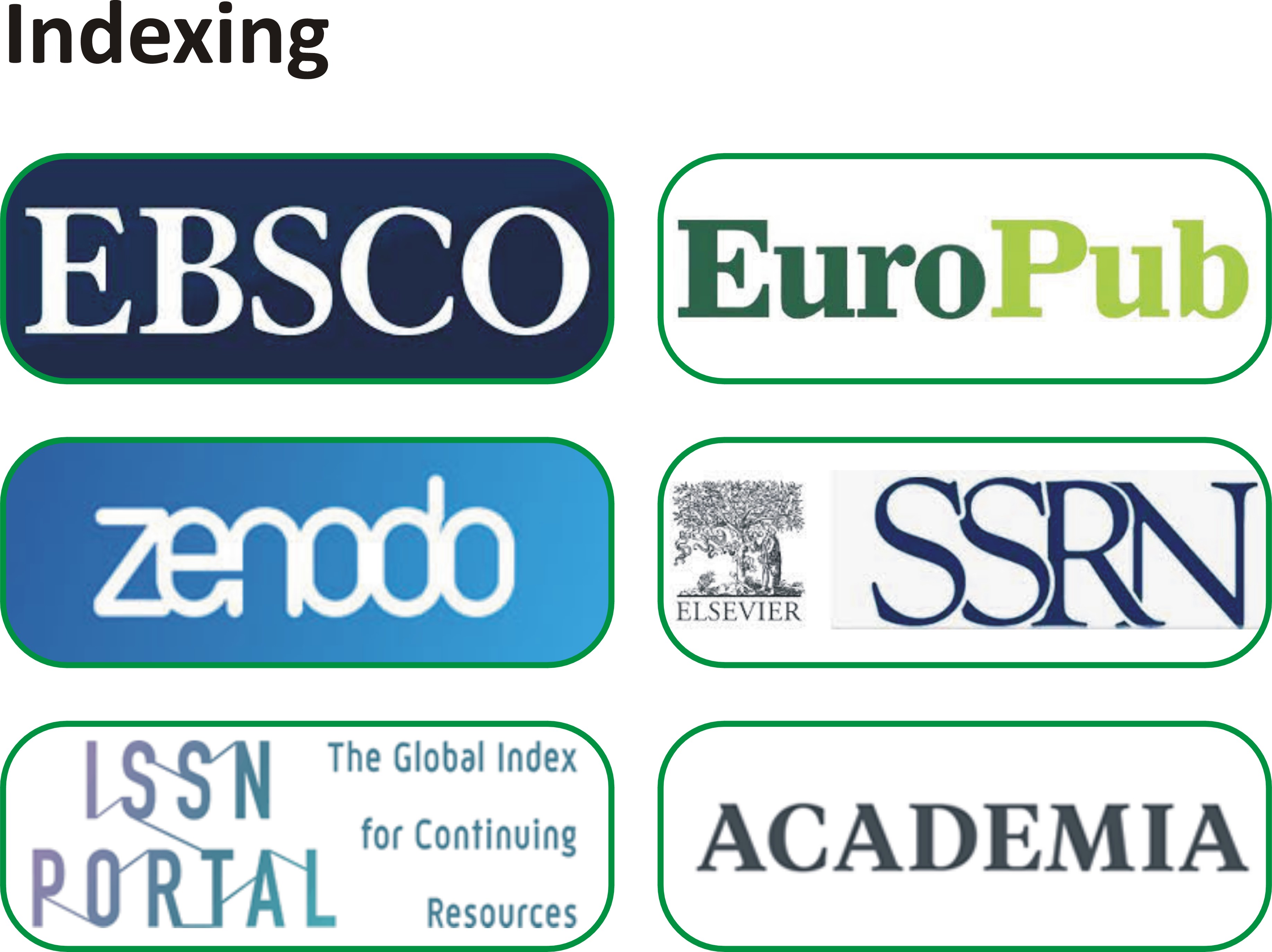The Effect Of Firm Size And Operating Leverage On Stock Returns: Evidence From Pakistan Stock Exchange
Abstract
This study provides evidence in support of the size effect, which posits that smaller companies generate greater profits in both rapidly developing markets and volatile markets. Furthermore, the results of the current study indicate that the application of operating leverage does not exert any discernible influence on stock returns. The empirical evidence derived from data obtained from non-financial companies listed on the KSE-100 Index leads us to the conclusion that the Pakistani market exhibits adherence to the CAPM, Fama, and French Models. The aforementioned proof was unearthed subsequent to our thorough examination of the market. To provide greater precision, the metrics utilized for assessing the magnitude of a company encompass the debt-to-equity ratio (DOL) and the aggregate assets held by the entity. In order to achieve the objective of assessing the influence of firm size and operating leverage on stock returns, a fixed effect regression model is employed. This action is undertaken with the intention of achieving the intended result. The analysis yielded findings indicating a negative correlation between firm size and share returns. There is no observed association between the application of operating leverage and the resultant returns generated by firms in the Pakistani market.
Copyright Notice Submission of an article implies that the work described has not been published previously (except in the form of an abstract or as part of a published lecture or academic thesis), that it is not under consideration for publication elsewhere, that its publication is approved by all authors and tacitly or explicitly by the responsible authorities where the work was carried out, and that, if accepted, will not be published elsewhere in the same form, in English or in any other language, without the written consent of the Publisher. The Editors reserve the right to edit or otherwise alter all contributions, but authors will receive proofs for approval before publication. Copyrights for articles published in IJSSA journal are retained by the authors, with first publication rights granted to the journal. The journal/publisher is not responsible for subsequent uses of the work. It is the author’s responsibility to bring an infringement action if so desired by the author.



